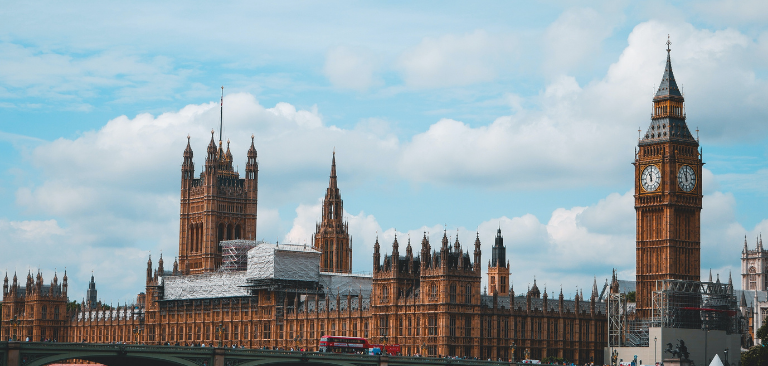The UK is drawing up plans to curb the power of tech companies that are considered to have strategic market status, and to do this through enforcing a code of practice.
These plans are rather vague at the moment, as the criteria under which a tech company will be deemed as having strategic market status has not been determined, although Google and Facebook are mentioned in reports as two obvious candidates. In addition, it’s unknown at this time in what way the new code would limit their market power and ensure they act within “limits of acceptable behavior.”
What has been announced is that the code will be drafted and enforced by the Competition and Markets Authority’s Digital Markets Unit, and that the goal here is to allow more competition.
Judging by the words of Alok Sharma, who is UK’s Secretary of State for Business, Energy and Industrial Strategy, the new code will mostly concern the digital advertising market, where Google and Facebook notoriously form a duopoly that not only makes competition from others near impossible, but also systematically undermines user privacy and rights.
Sharma praised the two giants for their role in people’s lives – as a means of communication – and also for contributing to the economy, but he added that their dominant position is at the same time hindering innovation, raising ad prices, and stripping consumers of choice and control.
He said that the new rules are designed to make sure this is corrected as smaller market players get their chance to compete – but did not go into any further details about how precisely this might be accomplished through a code of practice.
What the code will reportedly aim to do is attempt, once again, to get Google and Facebook to share more of their ad dollars with publishers (thereby increasing the dominance and alliance between Big Tech and the mainstream media) and allow users choice in deciding whether to be subjected to personalized ads.
The Competition and Markets Authority (CMA) is UK’s primary competition and consumer authority, and the government plans came in reaction to its investigation into the online ad industry, and Google and Facebook’s role in it. The agency now welcomed these new government plans, referring to them as “a new pro-competition regulatory regime.”













